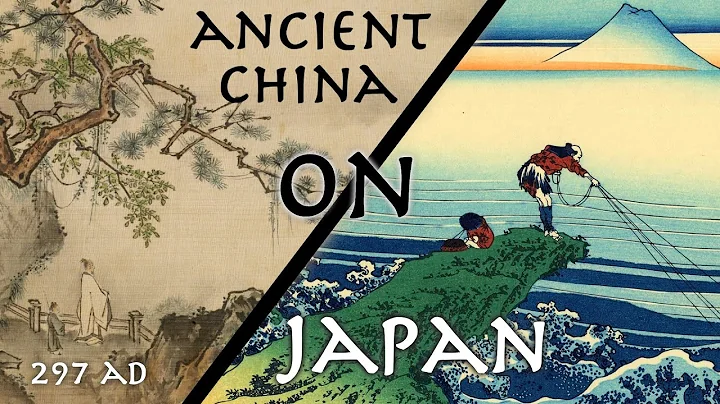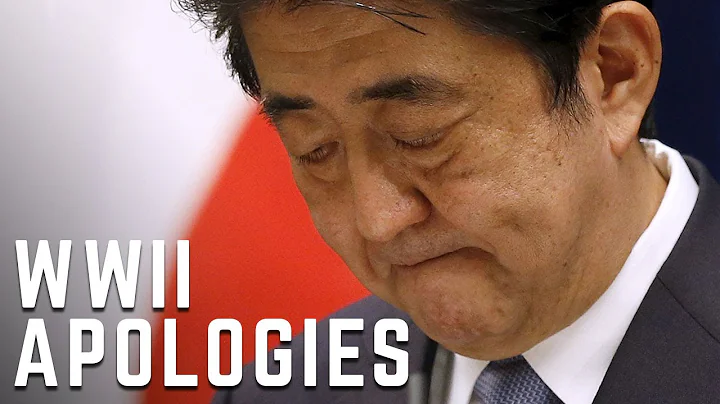Wu Hengtong is an anti-Japanese martyr in Jurong . He was born in the late Qing Dynasty. He was poor since childhood. He graduated from a normal school and later engaged in educational activities. After the outbreak of the Anti-Japanese War, he wrote about the anti-Japanese armed forces and joined the army. Soon he joined the Communist Party and led the The local armed forces were incorporated into the New Fourth Army and served as the regiment leader. Later, they were attacked by enemy troops. They were injured and captured during the breakout. They were unyielding and died for their country on a hunger strike.


Pictures provided by netizen "Xuewu Qingcheng"
Wu Hengtong
was born in 1903, named Tianxia, from Jurongxing Xiangzhexi Village. His family was poor when he was young and he entered school at the age of 12. After graduating from the normal school, Wu Hengtong taught in schools and served as the school inspector of Jurong County and the director of the Taixing County Education Bureau.
After the outbreak of the Anti-Japanese War in 1937, anti-Japanese armed forces were organized.
In 1938, he crossed the Yangtze River and went south. Chen Yi had a long talk with him and was ordered to join the army and return to his hometown to organize anti-Japanese armed forces.
joined the Communist Party of China in 1939.
In November 1939, the New Fourth Army Jiangnan Command was established. The local armed forces led by Wu Hengtong were incorporated into the New Fourth Army into the New Third Regiment, with Wu Hengtong serving as the regiment leader. After the New Third Regiment returned to Zhen, Ju, and Jiang, they made gains in consecutive battles and became a powerful force in the newly formed troops.
In the spring of 1941, Wu Hengtong was transferred to the position of Inspector of the Fifth Administrative Region and County Magistrate of Jurong. Despite the hardships, he returned to Maoshan, interspersed with guerrillas among the enemy and puppets, and restored the anti-Japanese base area while carrying out the construction of democratic political power.
On September 6, 1941, Wu Hengtong and a small number of his entourage from the county government were stationed at the dam in Zhongxin Township, District 2, Jurong. Due to a traitor's report, the station was suddenly attacked by the enemy and puppets. Wu Hengtong led the crowd to break through, but unfortunately was injured and captured, and was escorted to the Jurong Military Police. Unyielding, Wu Hengtong refused medical treatment and went on a hunger strike, determined to die for his country. At about 6 a.m. on September 14, Wu Hengtong died heroically for his country after eight days of hunger strike. He was 38 years old





















